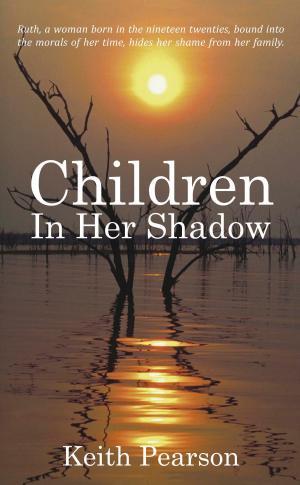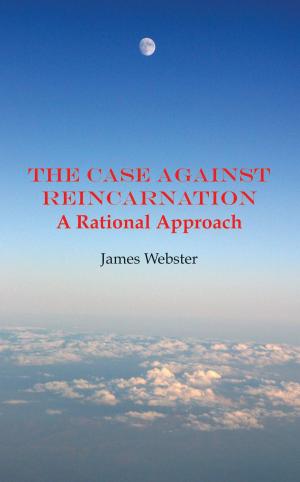A Sociological Phenomenology of Christian Redemption
Nonfiction, Social & Cultural Studies, Social Science, Sociology, Marriage & Family, Anthropology| Author: | Paul Gilfillan | ISBN: | 9781781484272 |
| Publisher: | Grosvenor House Publishing | Publication: | November 3, 2014 |
| Imprint: | Grosvenor House Publishing | Language: | English |
| Author: | Paul Gilfillan |
| ISBN: | 9781781484272 |
| Publisher: | Grosvenor House Publishing |
| Publication: | November 3, 2014 |
| Imprint: | Grosvenor House Publishing |
| Language: | English |
Despite much of the world's attention turning to Scotland in 2014 in the year of its Independence Referendum, this is the only ethnographic study of Scottish nationalism to have appeared so far. Based upon over fifteen years of research in a particular locality, the author not only gives the reader an intimate portrait of the relations between class and national identity in contemporary Scotland but provides an intimate description of a particular Scottish locality from 1999 to 2014. This patient ethnographic study also gives an account of how the sociological imagination is indispensable in the task of 'integral liberation' as it models how empirical sociological study can give an account of human beatitude and, ultimately, answer the question of transcendence and integrates with the Christian tradition. This book then attempts to state the full significance of Scottish nationalism upon the basis of a full or integral account of fully-contextualised Scottish human being, and in succeeding in this ambitious endeavour the author has produced a remarkable book that deserves the attention of students of the social sciences and theology alike.
Despite much of the world's attention turning to Scotland in 2014 in the year of its Independence Referendum, this is the only ethnographic study of Scottish nationalism to have appeared so far. Based upon over fifteen years of research in a particular locality, the author not only gives the reader an intimate portrait of the relations between class and national identity in contemporary Scotland but provides an intimate description of a particular Scottish locality from 1999 to 2014. This patient ethnographic study also gives an account of how the sociological imagination is indispensable in the task of 'integral liberation' as it models how empirical sociological study can give an account of human beatitude and, ultimately, answer the question of transcendence and integrates with the Christian tradition. This book then attempts to state the full significance of Scottish nationalism upon the basis of a full or integral account of fully-contextualised Scottish human being, and in succeeding in this ambitious endeavour the author has produced a remarkable book that deserves the attention of students of the social sciences and theology alike.















